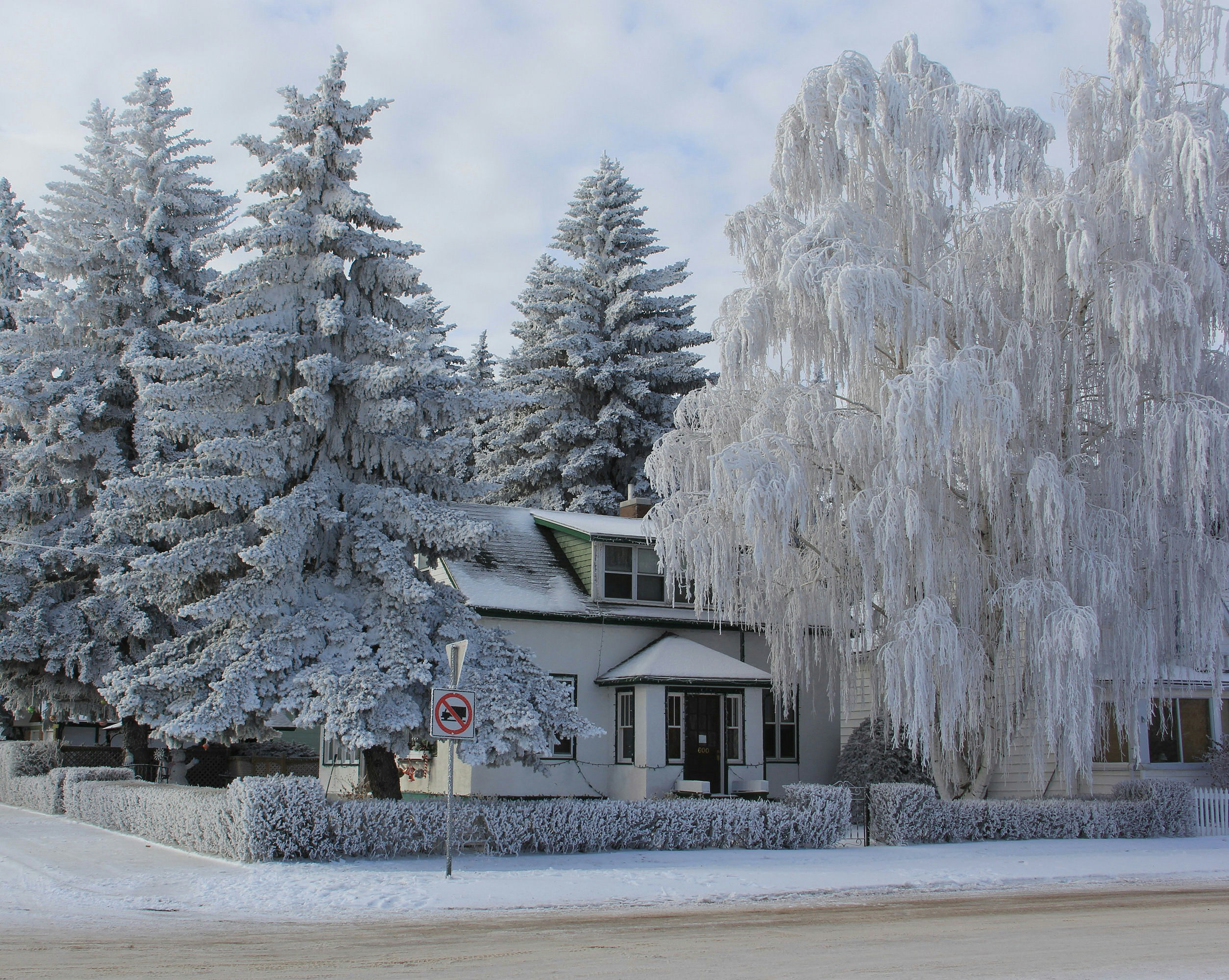There are a number of potential house issues that many of us will be at least loosely familiar with from a young age. One of these is the occurrence of freezing pipes, but due to the infrequency of freezing pipes in the modern day and age, not many of us know the nuts and bolts behind why it can happen.
To clear things up a little, we decided to take a closer look at both how pipes can freeze, and some of the factors that you can control to potentially prevent this from happening. We hope this helps you keep your water system safe and sound through even the coldest of winters!
Cold weather and water pipes
The reason why water pipes freeze is quite simple, when you break it down. As you know, when water gets below 0 degrees, it starts to freeze and turn into ice. While it’s a bit more complicated than that when it comes to actual water systems, this is the basic thing to understand.
As you’ll no doubt have noticed, however, while the temperature does frequently dip below 0 degrees Celsius, it’s very rare that you hear of people’s pipes freezing.
This is because of two main factors: one, most pipes are at least somewhat protected from the temperature outside, and two, only static water freezes at 0. Flowing water can require much colder temperatures to turn into ice.
Factors that can lead to pipes freezing
There are a few main factors that can lead to pipes freezing, most of which are avoidable.
Inadequate insulation
One of the most effective ways of keeping water pipes from freezing is to insulate them. This should have been done when the plumbing was first installed, but if it wasn’t, you can always get someone from a service like Able Plumbers to take a look.
Extreme cold temperatures
While insulation can protect pipes from sub-zero temperatures and the risk of freezing, this only works to a certain extent. If the temperature drops a long way below zero, the insulation will need to be a lot thicker, and will likely also require more heat from some kind of heating source (such as central heating).
During periods of cold weather, it’s important to make sure that all the rooms in your property are kept above 13 degrees Celsius, to help avoid any pipe freezing issues.
Improperly routed pipes
When pipes are first installed, they should be routed in such a way that they’re protected from the cold as much as possible, by making the most of the property’s internal temperature. If they’ve been routed improperly, then there’s a chance that they’ll be overexposed to the cold, and could freeze if not insulated properly.
Freezing pipes can cause huge issues, especially if they result in water leaks due to the expansion of the ice. It isn’t something that you have to worry about nowadays in most situations, but if you have any doubts, it’s worth hiring a plumber to come and have a look for you.

